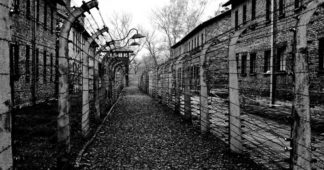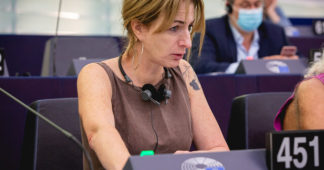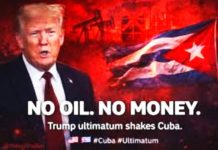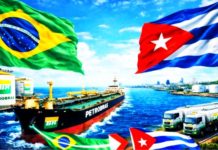80 years ago today, the Second World War ended in Europe (although it was to continue in Asia, including the barbaric boming of Hiroshima and Nagazaki). The war was, according to British historian Donny Gluckstein, two different wars – one waged from below against Fascism and one from above for territory.
The liberation of Auschwitz and other concentration camps made clear the need to defeat Fascism, but in post-war West Germany many Fascists stayed in power. 25 cabinet ministers, one president and one chancellor had been members of Nazi organizations. Nazi industrialists who had made profits from stealing Jewish property were allowed to keep their gains.
The end of the war also provoked a wave of resistance within the “winning” countries and their colonies. In the UK, workers who had been promised a Land Fit for Heroes demanded sweeping social change, including the formation of the National Health Service. These demands were conceded, because in the words of Tory MP Quintin Hogg “If you don’t give the people social reform, they will give you social revolution.”.
Across Africa and Asia, people who had been fighting against racism abroad now demanded their own liberation. Following a series of uprisings, in the 15 years following the end of the war, three dozen countries freed themselves from their former colonisers.
Also read
Small group of MEPs to visit Moscow on Victory Day
We remind our readers that publication of articles on our site does not mean that we agree with what is written. Our policy is to publish anything which we consider of interest, so as to assist our readers in forming their opinions. Sometimes we even publish articles with which we totally disagree, since we believe it is important for our readers to be informed on as wide a spectrum of views as possible.











